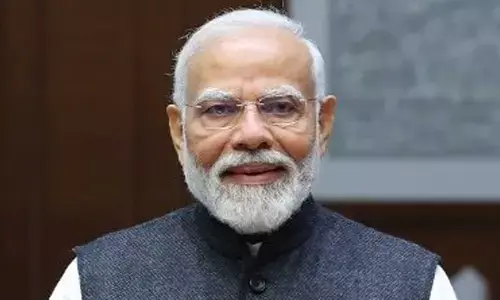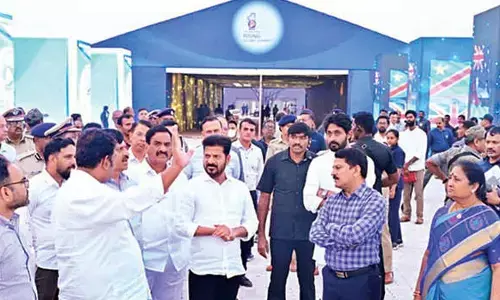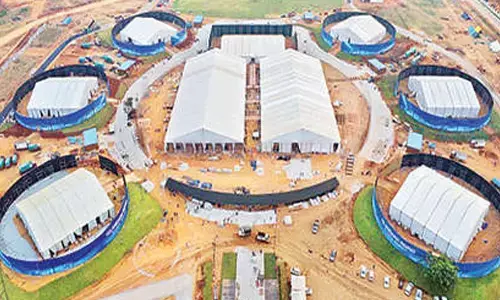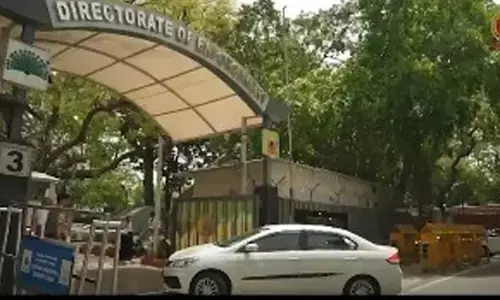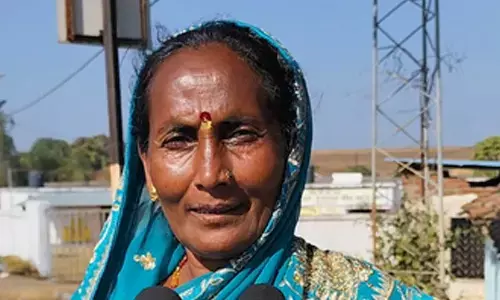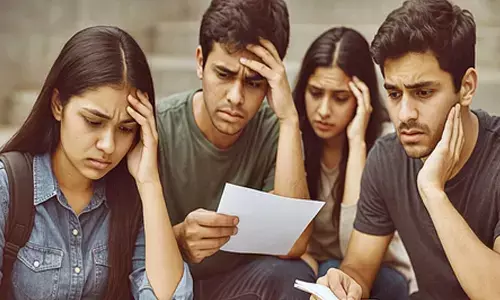Ayodhya case: Muslim side to contest Nirmohi Akhara suit from Monday
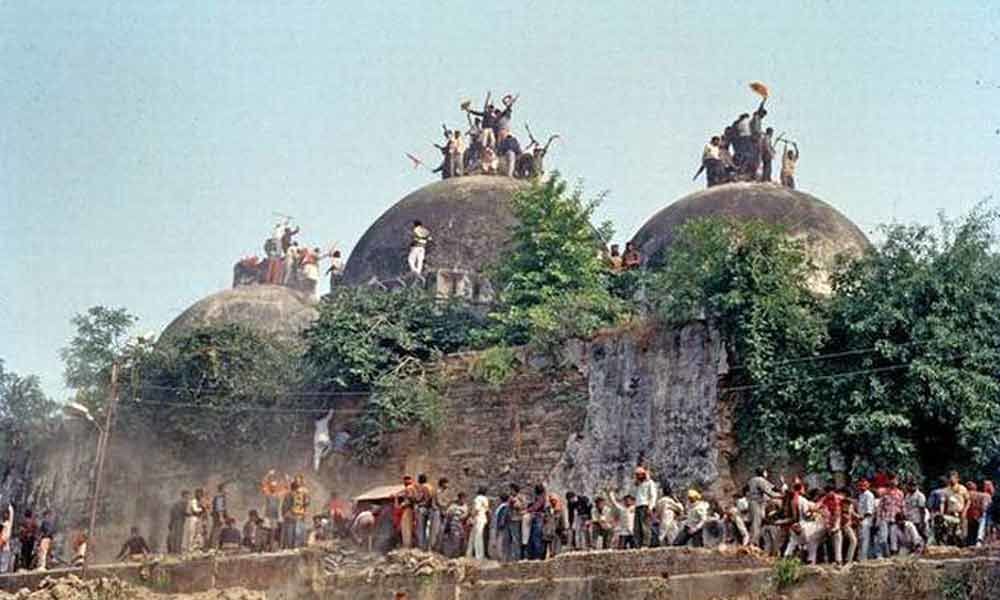
The Supreme Court will on Monday begin hearing the arguments of the Muslim parties in the Ram Janmabhoomi-Babri Masjid in Ayodhya dispute. The top court completed hearing the arguments of all the Hindu parties -- including the Nirmohi Akhara and Ram Lalla Virajman -- in the case, in 16 days. It initiated daily hearings in the case on August 6.
New Delhi: The Supreme Court will on Monday begin hearing the arguments of the Muslim parties in the Ram Janmabhoomi-Babri Masjid in Ayodhya dispute. The top court completed hearing the arguments of all the Hindu parties -- including the Nirmohi Akhara and Ram Lalla Virajman -- in the case, in 16 days. It initiated daily hearings in the case on August 6.
Senior advocate Rajeev Dhavan, who is representing the Sunni Waqf Board, will on Monday begin point-by-point rebuttal of the arguments made by the lawyers of the Nirmohi Akhara and Ram Lalla Virajman (the deity and his birthplace) in the case.
Dhavan had initially informed the apex court that he would take 20 days to wrap up his arguments, which means the daily hearings will technically be over before the end of September. This will give the apex court more than a month to pass a judgment on the politically-vexed issue. CJI Ranjan Gogoi, who heads the SC bench hearing the case, is set to retire on November 17.
In their arguments, the Muslim parties are likely to contest the Nirmohi Akhara's claim on the disputed site. This could be a crucial phase in the Ayodhya title dispute hearing, especially after the Nirmohi Akhara told the Supreme Court that it is not opposing the lawsuit filed by Ram Lalla Virajman.
The turnaround by the Nirmohi Akhara came after it was told by the Supreme Court that its right as 'shebait' (devotee) over the property can only stand if the lawsuit of 'Ram Lalla Virajman' is allowed.
According to a source in the Akhara, the Muslim parties will contest its presence on the disputed site for last 150 years and also argue to establish that the idols were never inside the inner courtyard, rather they were "placed there".
The Akhara's counsel had told the apex court that no namaz had been offered at the disputed site since 1934, but the Muslim parties are likely to tell the court that the last namaz was offered there on December 16, 1949.
"They would probably claim that they continued to offer namaz twice every Friday at the disputed site and that they used to visit it under police protection, but there is no document to establish this claim," said the source in the Hindu body.
The Muslim side had in 1961 filed a suit seeking a decree to refer to the structure as a "mosque".
The Muslim parties refused to comment on their strategy to contest the Akhara claims. But it is learnt that they will improvise their arguments in the backdrop of the Allahabad High Court vedict.
They are having a full-fledged meeting on Sunday to discuss various aspects of the case. "Monday is very crucial for us, as we get to begin our arguments in the Ayodhya title dispute," said a source on the condition of anonymity.
During the hearing over the past 16 days, senior advocate C.S. Vaidyanathan, who represents one of the Hindu parties, pleaded his case contextualising Hindu faith with references to historical texts and scientific evidence published in reports by the Archaeological Survey of India (ASI).
Vaidyanathan claimed the Babri mosque was built on the ruins of a Hindu temple as per the ASI report. The Muslim parties are expected to a produce solid arguments to context this claim.
The counsels of Ram Lalla Virajman too made robust arguments establishing the essence of Hindu faith and reverence of the birthplace of Lord Ram in Hindu culture and traditions.
The Allahabad High Court in its 2010 verdict on four civil lawsuits partitioned the 2.77-acre disputed land equally among three parties -- Ram Lalla, Nirmohi Akhara and Sunni Waqf Board. Fourteen appeals involving nearly 37 parties have since been filed in the Supreme Court against this High Court judgement.











